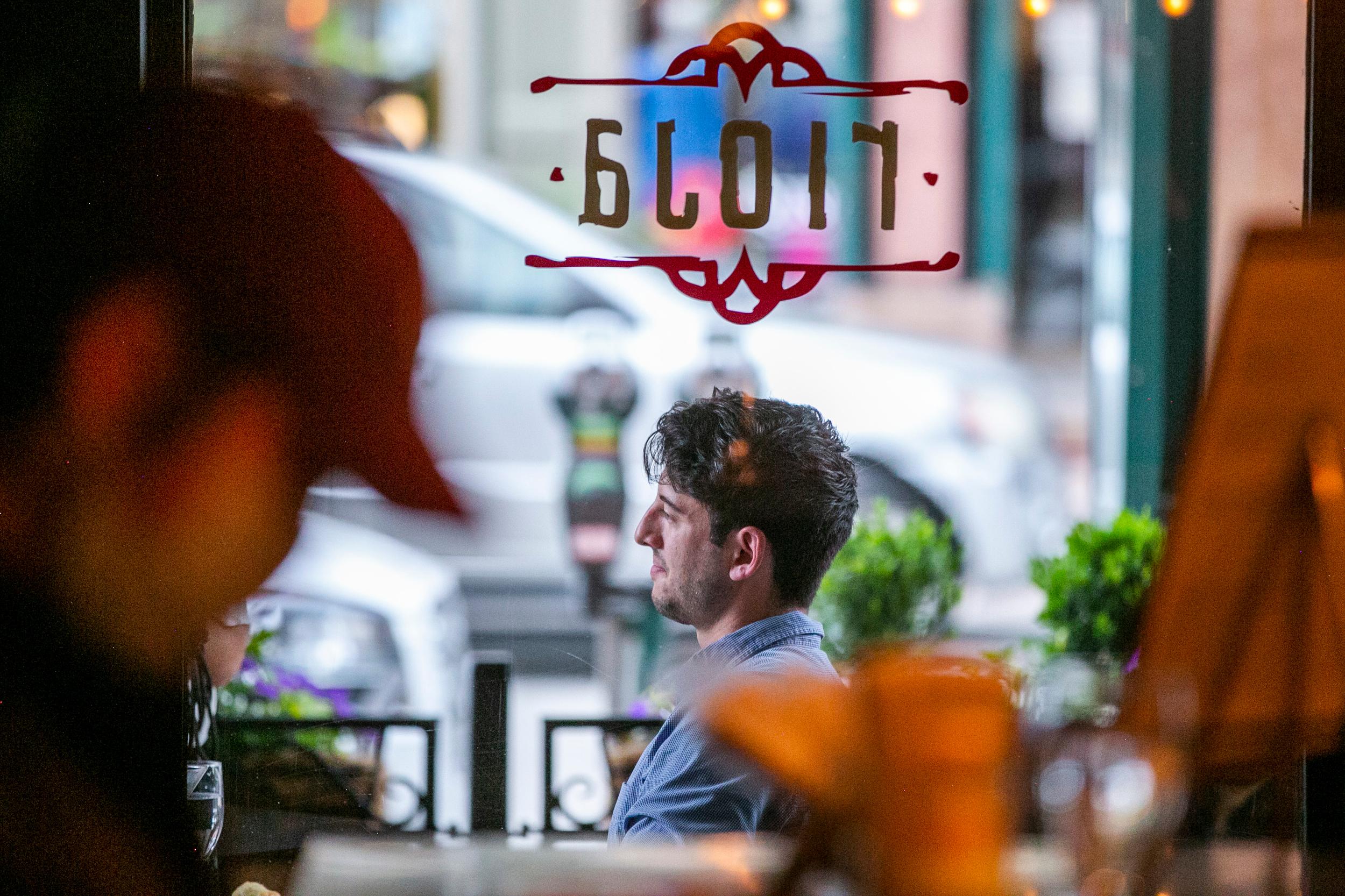
After months of layoffs, uncertainty, conversions to takeout, negotiations with landlords and, for some, failure, the restaurants who made it through the summer got an unexpected treat in September when diners seemed to rediscover the joy of going out to eat.
“I think that was like the honeymoon,” said Frank Bonanno, a chef and restaurateur in Denver. “It's like when you open a brand new restaurant and the first three months are super busy, because you're the hot flavor of the month type of thing. We saw that in those summer months with the outdoor dining and people being able to expand patios.”
The honeymoon is over.
“This is the hardest time,” Bonanno said.
In every recession, there's an industry or two that are hit the hardest. In the 1980s it was oil and gas. In the Great Recession, it was home builders and financial institutions. A good argument could be made that in the COVID-19 recession it’s restaurants.
According to data from OpenTable, after a hopeful period in late summer, restaurants in Colorado and Denver are getting hit hard, again. After the stay-at-home order lifted in Colorado, restaurant reservations started to climb back.
In late September there were even faint glimmers of what the industry used to be. Sept. 6 was, for instance, the first day since March 8 that saw more tables booked than the same date in 2019.
But since the beginning of October things have trended down “massively,” said Jennifer Jasinski, owner and proprietor of a group of restaurants in Denver including Rioja and Stoic & Genuine.
First, there was bad weather, including snowstorms, which cut down on outdoor dining. Then Denver fell into new COVID-19 restrictions because case counts were rising — capacity in the restaurants went from 50 percent to 25 percent. Then a 10 p.m. curfew was imposed.
“It's breaking us slowly, which is even more painful,” said Jasinski, who totally understands why people don’t want to eat outside in the cold.
Winter was always going to be a challenge for restaurants, losing the outdoor space, but as case counts have risen in Colorado, greater restrictions have to be placed on indoor dining too.
“Restaurant owners are scared to death about what's going to happen this winter,” said John Imbergamo, a Denver restaurant consultant.
Imbergamo is confident that restaurants will weather this downturn. He says restaurateurs are nimble and creative and will come out the other side of this stronger. Some restaurants are putting up small heated greenhouses for families and couples to totally separate, for instance
Jasinski is recreating a turkey dinner from when she was on Food Network’s Thanksgiving Challenge and selling it as a package.
“So it's like 99 percent done. You just have to warm it and it'll be really delicious,” she said.
But many say there’s little profit in delivery. Bonanno retooled his Denver restaurant Luca, painstakingly, into primarily a delivery service. But he acknowledges it is not for everybody.
“If you were not in the delivery game pre-COVID, it's very hard to break into,” Bonanno said.
The marketplace is massive now, with every restaurant competing for customers and delivery supplies.
“Forget trying to find compostable and organic” to-go containers right now, Bonanno said. Not to mention the extraordinary fees that delivery services charge.
He offered advice on helping a restaurant you love: Order through the restaurant, on an app like Toast. And pick up rather than going for delivery.
All agreed that the restaurants that survive long term will either own their own buildings or have forgiving landlords.
Jasinski said the next few months will be bleak.
“If we can't get federal assistance, we're going to have to shut down for a period of time and hope our landlord will play ball with us,” she said.









